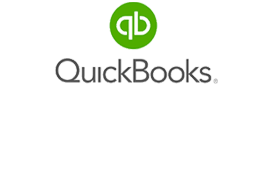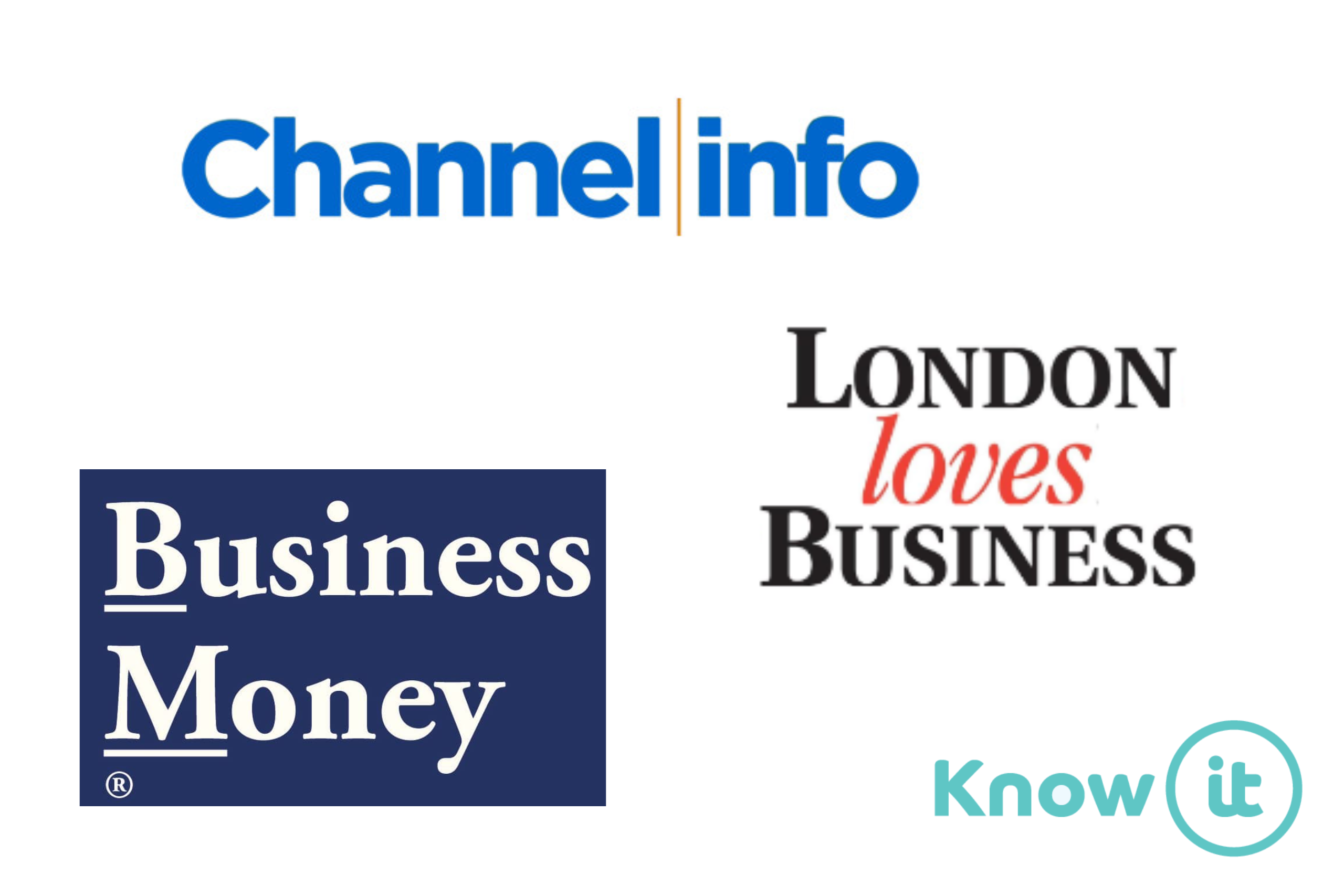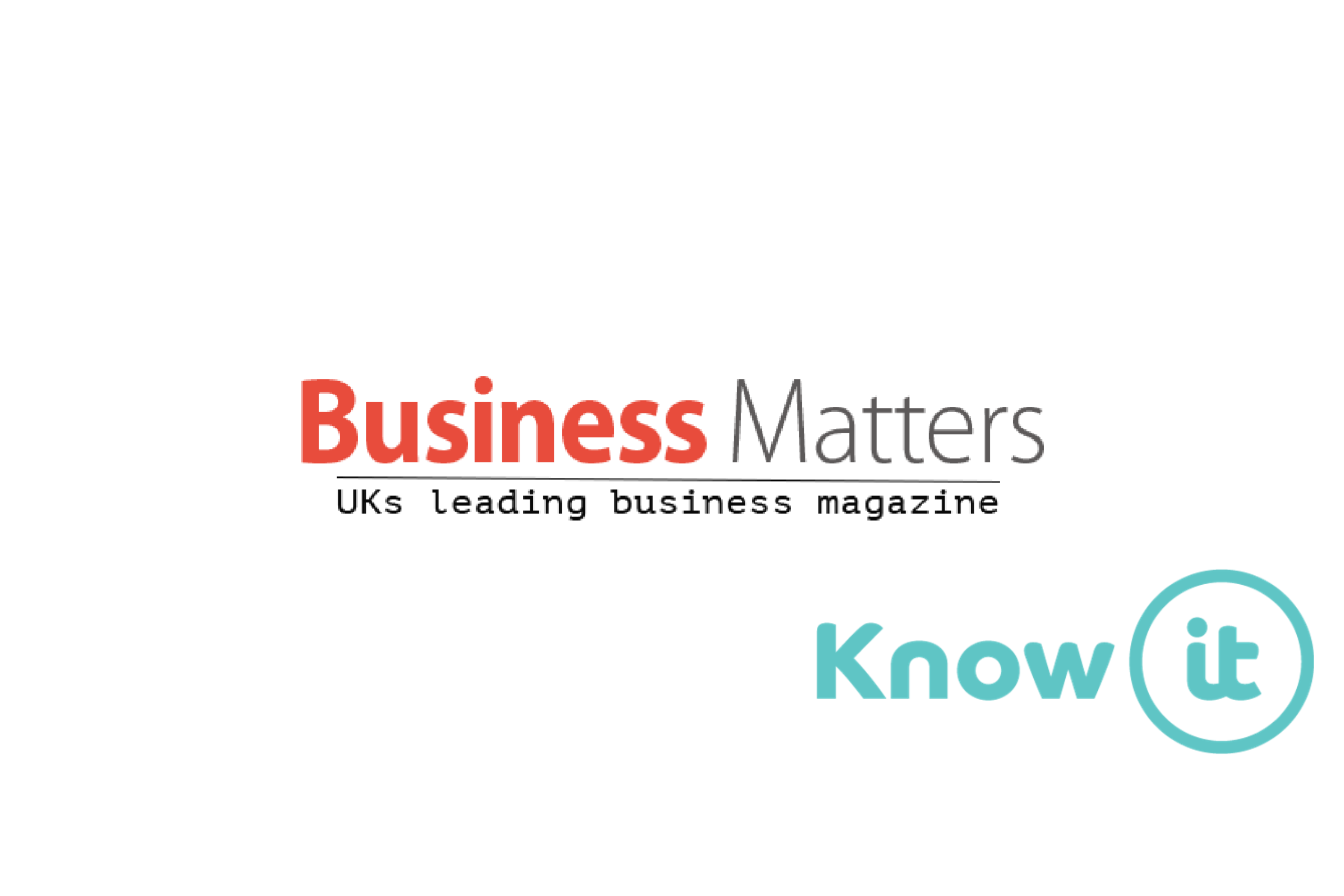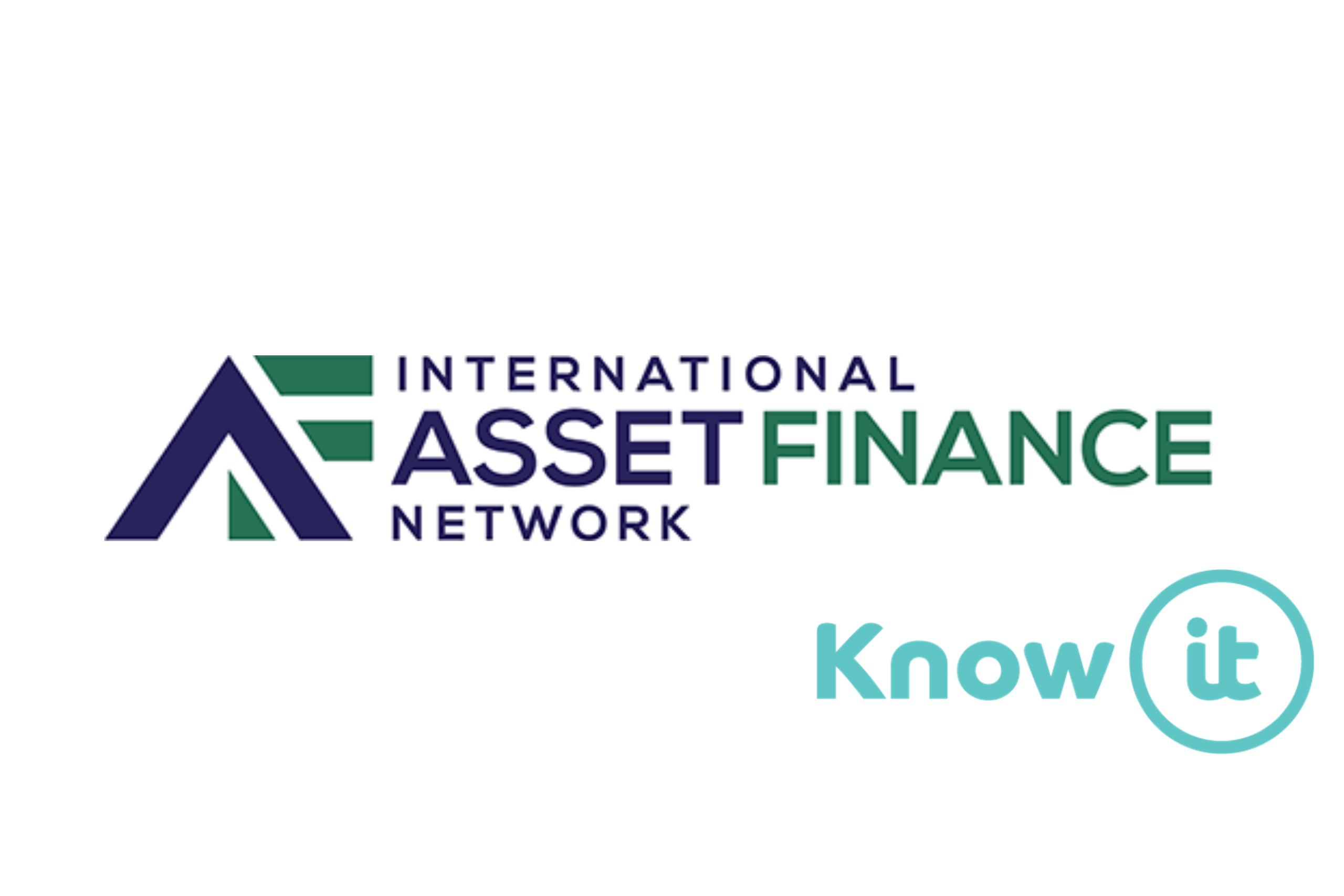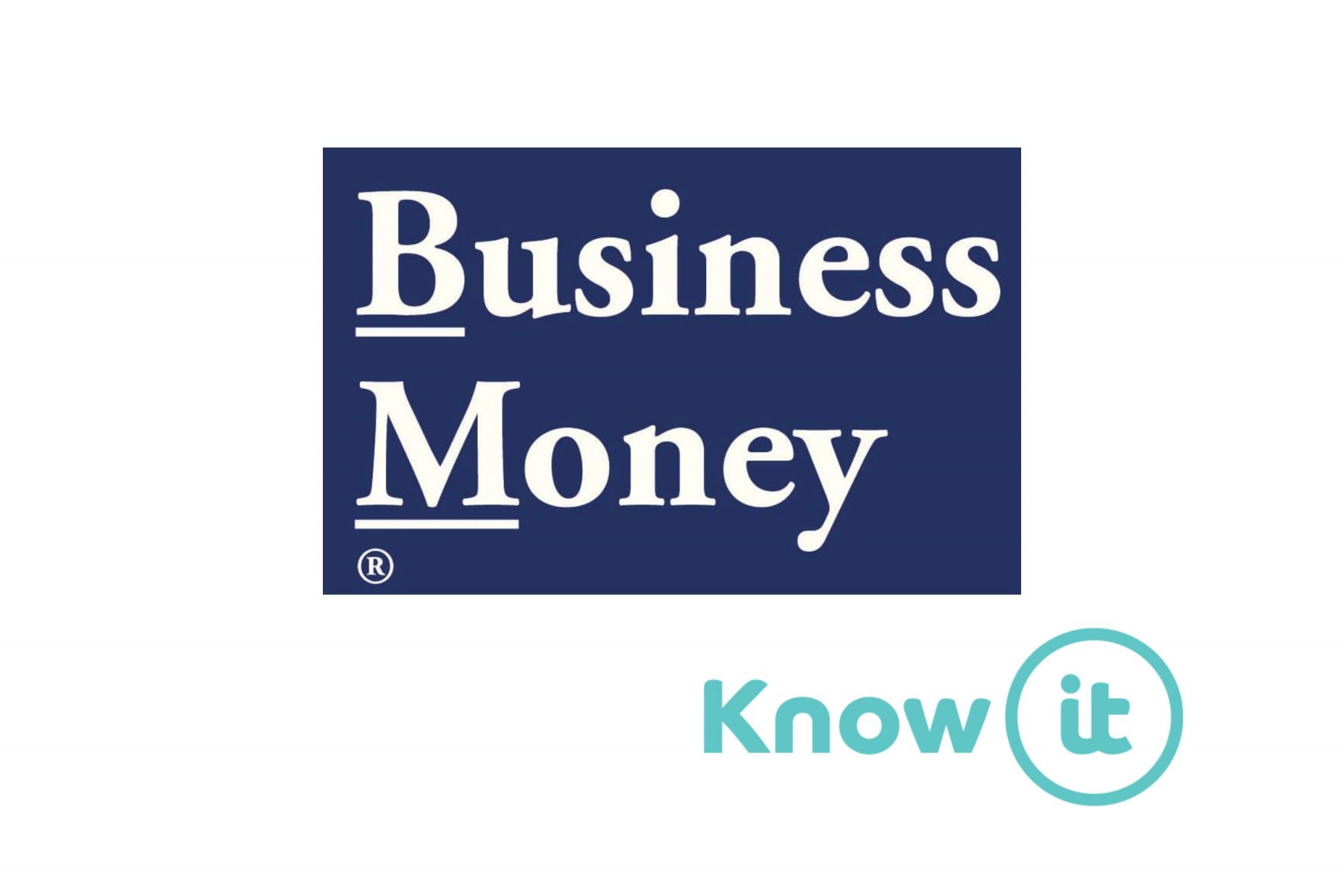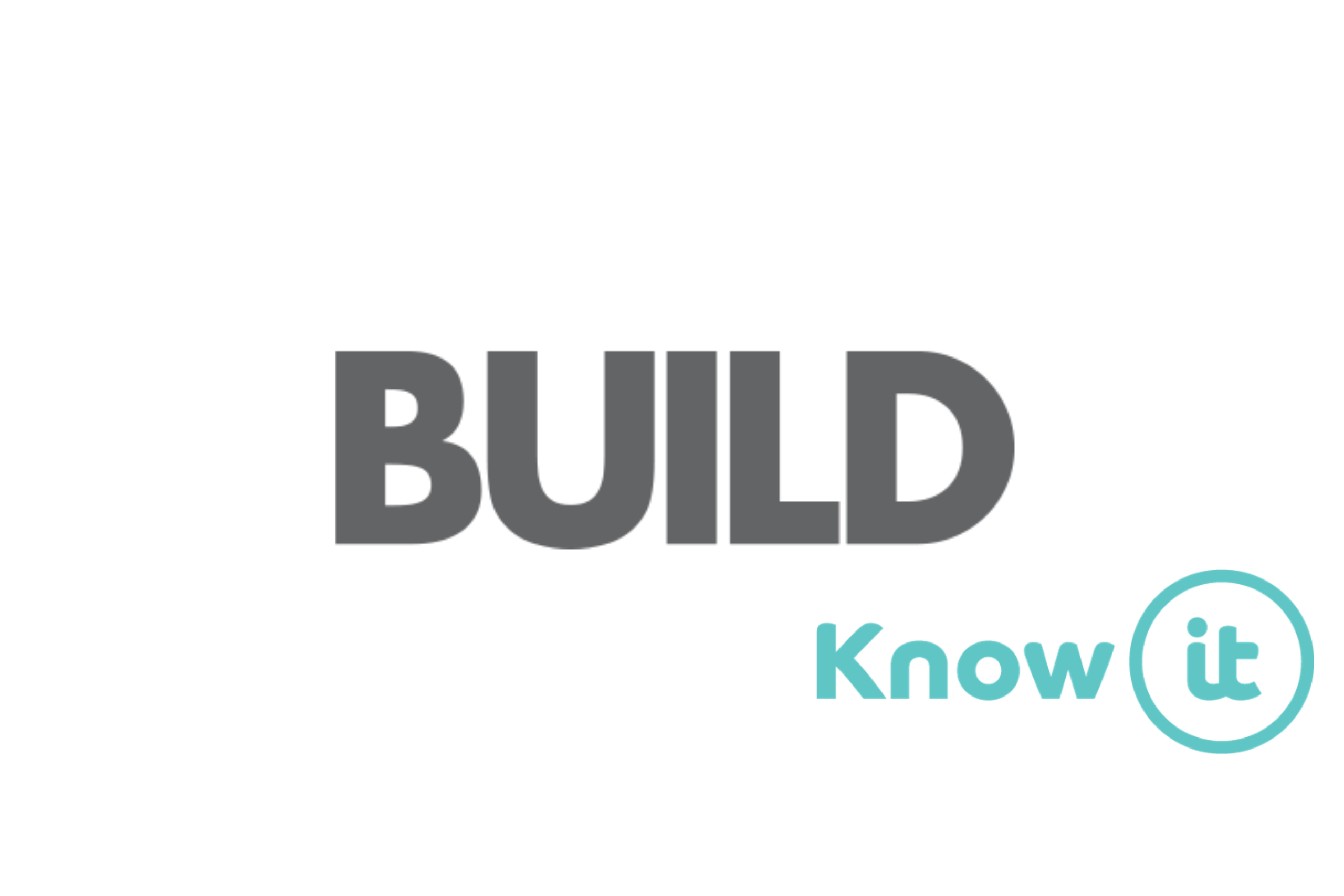What an Interest Rate Rise Means for Your Business
Fluctuations in interest rates can be baffling for small businesses. Lynne Darcey Quigley, CEO of Know-it, explains what the new figures really mean – and it’s not all bad news.
For the first time in a long time, the Bank of England has increased interest rates. Interest rates have now climbed from 0.1% to 0.25%. It’s the most significant rise in a decade – and the first time they have been raised at all in three years. It is hoped that this will curb inflation, which is currently the highest it’s been in 10 years, sitting at 5.1% – 3x the Bank of England’s target and the highest it’s been in 30 years.
So, what does this mean for a small business? For some, this will mean that business loan repayments will be more costly to pay back. Their suppliers and customers too will be in similar positions, which could, in turn, force them to raise the price of their products and services.
The Bank of England use interest rates as a tool to curb rising inflation, as in theory, if the cost of borrowing increases, people and businesses will be less willing to take out loans for spending purposes, which would suppress demand and depress prices.
Inflation, measured by the cost of general goods and services, is being driven up by worldwide supply shortages. For example, a lack of new cars, partially caused by a deficiency of microchips, has, in turn, impacted the cost of used vehicles, which increased by 21% in September compared to the previous month, according to figures from AutoTrader.
Meanwhile, soaring wholesale gas prices have translated into a sharp rise in household energy costs just in time for winter, which means that overall there is less cash in the pockets of your target audience.
So, it is clear to see how changes in interest rates impact your business. Here is what to expect, according to Lynne Darcey Quigley, CEO and founder of Know-it, a cloud-based credit management service:
“Late Payment Interest will be at the forefront of many businesses’ minds. The Late Payment of Commercial Debts Act gives businesses a statutory right to claim interest from other businesses for late commercial payment.
The statutory interest you can charge a business for not paying invoices on time is 8% plus the Bank of England base rate for business to business transactions, which has now increased from 0.1% to 0.25%. So, the total interest you can charge is now higher at a rate of 8.25%. If you are due some cash from late payers, now you are also entitled to this increased rate of overdue payment interest.
A rise in interest rates will also effect access to business funding and loans. When interest rates rise it is not uncommon for banks to reduce lending as the risk of defaults increase. This makes it more difficult for businesses to access funding, and will also make loans more expensive.
If you currently have outstanding loans your repayments are highly likely to increase in line with rises in interest rates. Businesses that are reliant on lenders to keep afloat face stormy waters as their loans suddenly become more expensive overnight.”
Lynne continues:
“Increasing interest rates in the UK shows confidence in the British Pound, which increases the value and makes the currency stronger.
If you are an international company importing and/or exporting, then this will certainly have an effect; a stronger pound will benefit importers as they will be able to buy at a cheaper rate, however, it will make exports more expensive for international buyers – so it could result in a dip in sales.
It’s not all unwelcome news; the rise in interest rates means any cash deposited may yield higher returns. How large the gains could be is dependent on the discretion of individual banks as some will have a higher interest rate than others. However, the returns are likely to be much lower than the current rate of inflation – so aiming to save may still not be the best advice for businesses with excess capital.”
Lynne concludes:
“The best way businesses can mitigate the any potential uncertainty is by having a secure and healthy cashflow. Of course, this may be easier said than done – but there are things you can do to help.
Having a clean sales ledger, fully understanding your customers’ payment track-record, and actively chasing unpaid invoices are the best ways of increasing cashflow without acquiring any new customers.
Alternatively, there are services you can outsource this process too – which can free up time and allow you to focus on running a successful business.”
This article was first published by The Web Writer Spotlight.












